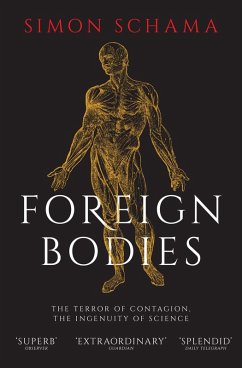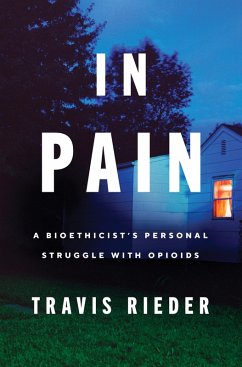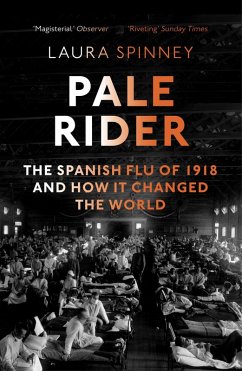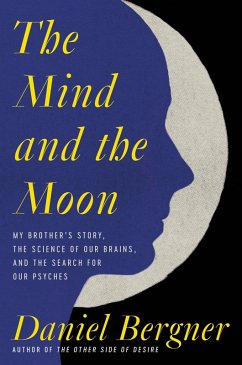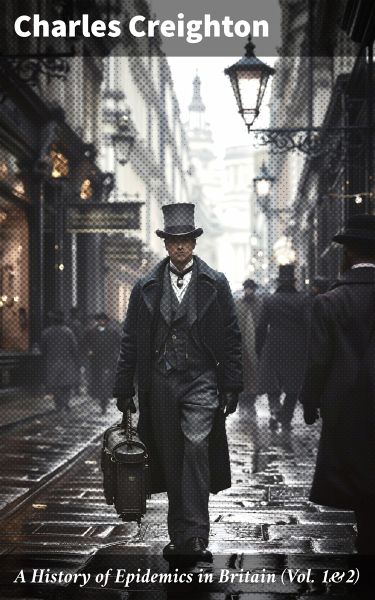
A History of Epidemics in Britain (Vol. 1&2) (eBook, ePUB)
From A. D. 664 to the Present Time (Complete Edition)
Versandkostenfrei!
Sofort per Download lieferbar
1,99 €
inkl. MwSt.
Weitere Ausgaben:

PAYBACK Punkte
0 °P sammeln!
In "A History of Epidemics in Britain (Vol. 1&2)," Charles Creighton meticulously chronicles the impact of infectious diseases throughout British history, analyzing their social, economic, and political ramifications. Creighton's literary style seamlessly blends historical narrative with empirical data, providing a comprehensive examination of various epidemics, from the Plague of Justinian to the cholera outbreaks of the 19th century. This two-volume work offers an insightful commentary on the broader implications of health crises, influenced by contemporaneous societal attitudes and response...
In "A History of Epidemics in Britain (Vol. 1&2)," Charles Creighton meticulously chronicles the impact of infectious diseases throughout British history, analyzing their social, economic, and political ramifications. Creighton's literary style seamlessly blends historical narrative with empirical data, providing a comprehensive examination of various epidemics, from the Plague of Justinian to the cholera outbreaks of the 19th century. This two-volume work offers an insightful commentary on the broader implications of health crises, influenced by contemporaneous societal attitudes and responses, effectively situating these events within the larger context of public health evolution and medical understanding. An esteemed physician and historian, Creighton's insights are deeply rooted in his extensive medical background and his keen interest in the intersection of history and epidemiology. His academic pursuits were shaped by the prevailing Victorian interest in the sciences, prompting him to explore how epidemics influenced government policy and public health initiatives. Creighton's dedication to uncovering historical patterns in illnesses reflects his desire to illuminate how past experiences can inform modern approaches to disease management. For scholars, public health professionals, and history enthusiasts alike, Creighton's work is an indispensable resource. The detailed analysis not only enriches our understanding of past epidemics but serves as a cautionary tale about the interplay of disease and society'Äîa must-read for anyone seeking to comprehend the historical implications of health crises.
Dieser Download kann aus rechtlichen Gründen nur mit Rechnungsadresse in A, B, BG, CY, CZ, D, DK, EW, E, FIN, F, GR, H, IRL, I, LT, L, LR, M, NL, PL, P, R, S, SLO, SK ausgeliefert werden.





